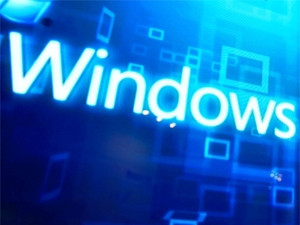
Compared to the results from 2013, the number of exploit attacks on Microsoft components grew in 2014.
That's according to security solutions provider ESET, which recently published a report on major trends in Windows exploitation and mitigation in 2014 on its security news page WeLiveSecurity.com.
In the report, ESET researchers analyse major vulnerabilities of Microsoft Windows and compile a list of the most frequently targeted Windows components, and Internet Explorer tops the list.
The security solutions provider says 2014 was especially hard on users of the Internet Explorer browser, as Microsoft addressed twice as many vulnerabilities as it did in 2013. "Fortunately for its users, a great number of these vulnerabilities were patched during the same year," says Artem Baranov, an anti-virus specialist at ESET.
He notes the most notorious example of an Internet Explorer vulnerability being exploited in the by cyber criminals is the Unicorn bug.
Last year ESET saw many exploits that were used for drive-by download attacks, Baranov adds. Security solutions vendor Comodo defines drive-by download attacks as a malware delivery technique triggered simply because the user visited a Web site.
"An attacker could execute code remotely in a vulnerable environment, with the help of a specially-crafted Web page. Such Web pages could contain special code, called an exploit, to trigger a specific vulnerability. Usually attackers use such exploits for silently installing malware when they detect a vulnerable Windows version."
Traditionally, malware was only 'activated' as a result of the user proactively opening an infected file; for example, opening an e-mail attachment or double-clicking on an executable that had been downloaded from the Internet.
"Microsoft Windows is the most widespread operating system for PCs today. And we are not surprised that the largest number of attacks falls on Windows," says Baranov.
To mitigate the risks, he says, users should keep Windows in an up-to-date state by installing issued updates as soon as possible.
"Modern Windows versions like Windows 7, 8, or 8.1 do this automatically. Keeping operating systems up-to-date will protect users from exploits that use already-patched vulnerabilities. Users should run their browsers with optimal security settings. For example, we recommend the use of Internet Explorer 11 with such security options as Enhanced Protected Mode and 64-bit tabs."
He believes these options are very useful for preventing drive-by download attacks. "With Google Chrome, it's better to use a 64-bit version of browser because it's more difficult for attackers to penetrate a 64-bit virtual address space."
Share